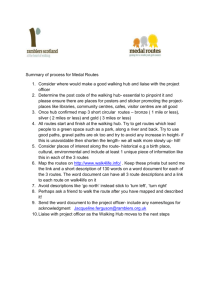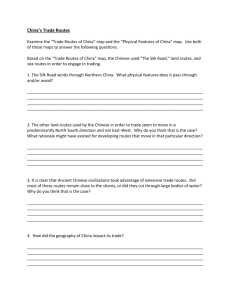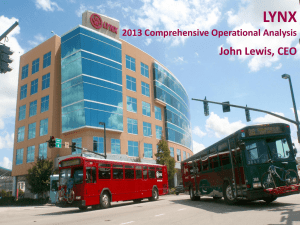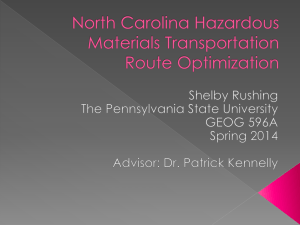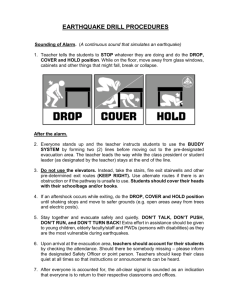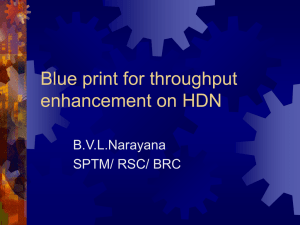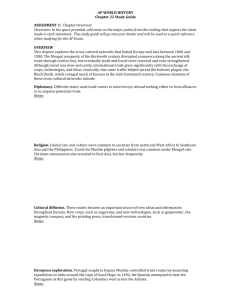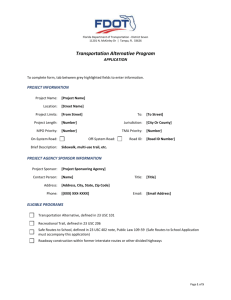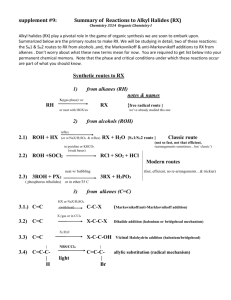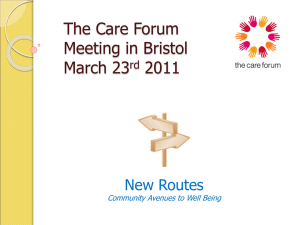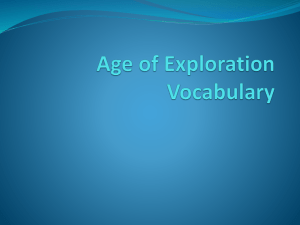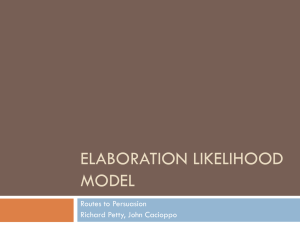Thematic Unit Day 6 - TEP-546-2011
advertisement
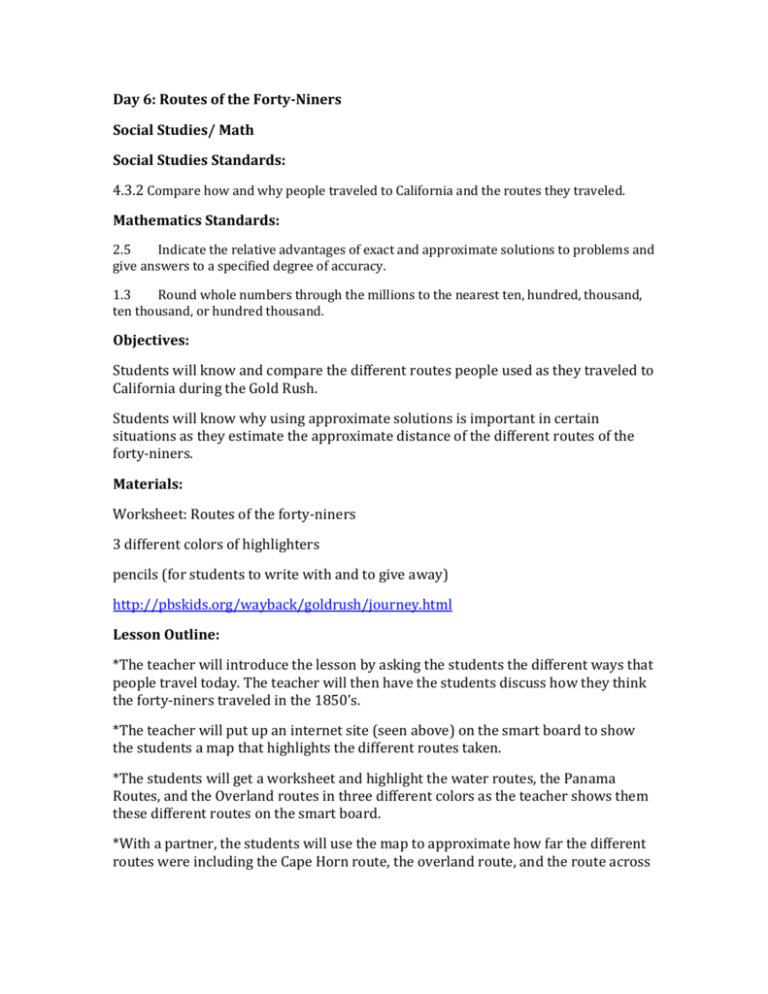
Day 6: Routes of the Forty-Niners Social Studies/ Math Social Studies Standards: 4.3.2 Compare how and why people traveled to California and the routes they traveled. Mathematics Standards: 2.5 Indicate the relative advantages of exact and approximate solutions to problems and give answers to a specified degree of accuracy. 1.3 Round whole numbers through the millions to the nearest ten, hundred, thousand, ten thousand, or hundred thousand. Objectives: Students will know and compare the different routes people used as they traveled to California during the Gold Rush. Students will know why using approximate solutions is important in certain situations as they estimate the approximate distance of the different routes of the forty-niners. Materials: Worksheet: Routes of the forty-niners 3 different colors of highlighters pencils (for students to write with and to give away) http://pbskids.org/wayback/goldrush/journey.html Lesson Outline: *The teacher will introduce the lesson by asking the students the different ways that people travel today. The teacher will then have the students discuss how they think the forty-niners traveled in the 1850’s. *The teacher will put up an internet site (seen above) on the smart board to show the students a map that highlights the different routes taken. *The students will get a worksheet and highlight the water routes, the Panama Routes, and the Overland routes in three different colors as the teacher shows them these different routes on the smart board. *With a partner, the students will use the map to approximate how far the different routes were including the Cape Horn route, the overland route, and the route across the Isthmus of Panama. They will fill their answers in with a pencil on a Traveling to California chart that is on their worksheet. *The students will know that 1 inch on the map equals 1000 miles. They will have to round to the nearest thousandth after they calculate how far each distance is. The teacher will review how to round so that students are successful. They can use a piece of string to help them map out the miles. *The students will get into groups of four and compare their approximate distances. They will also guess together how long each of these journeys took. *To conclude the lesson the teacher will tell the students the correct approximate distance and time these journeys took and students can fill them in on their charts. If any of the students correctly guessed the amount of time they will receive a free pencil from the teacher as a reward.
